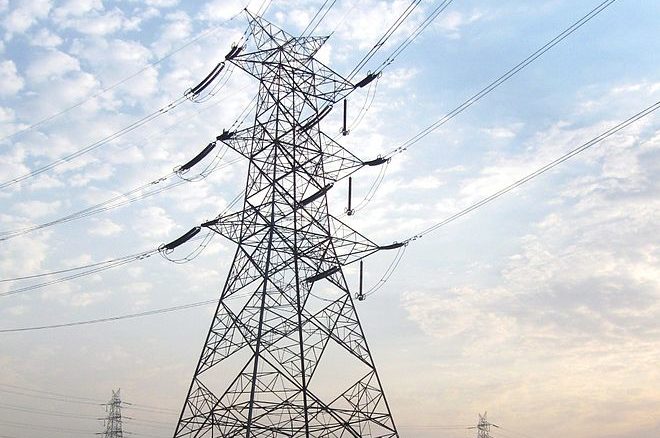Time of Use (ToU) tariffs or real-time pricing is a demand-side management strategy to manage peak loads. Dynamic tariff structures have the potential to avoid or limit peak hour demands by encouraging end-use customers to shift their part of their electricity usage from peak times to off-peak times.
The ToU tariff scheme’s successful implementation can reduce peak demand by 5-25% by shifting interruptible loads to non-peak hours.
India Smart Grid Forum (ISGF), a public-private partnership initiative of Government of India, with support from Shakti Sustainable Energy Foundation (SSEF), embarked on a project to design a robust time-of-use framework for electricity tariff with Gujarat as the test case.
The study examined the detailed feasibility of the ToU tariff policy in the state of Gujarat.
As part of this project, ISGF developed a ToU Tool that utilities and regulators can use for analyzing different “what-if” scenarios on how much peak load can be shifted and what impact it would have on the utility revenue, reduction in peak power purchase cost and impact on the customer’s bills. An implementation framework and practical roadmap is also given in the ToU report.
The study also assessed the use and the impact of the policy on peaking power plants and reducing the use of DG sets that are used to meet peak loads.
It was recommended that the ToU tariff might be implemented on a pilot basis in Naroda area in Uttar Gujarat Vij Company Ltd in 2021. In the initial phase (6 months to 1 year), there should not be any financial implications of ToU. The customers opting for ToU may be presented two bills: one regular bill that they will pay; and another bill which will show the charges if they had opted for the ToU scheme and shifted part of their load. This Shadow Bills should demonstrate how much they would have saved if they shifted their load by 10%, 15%, 20%, 25% etc during peak hours during the billing cycle. This experiment will give enough time for utilities to fine-tune their billing system for the ToU regime.
This content is protected by copyright and may not be reused. If you want to cooperate with us and would like to reuse some of our content, please contact: editors@pv-magazine.com.









By submitting this form you agree to pv magazine using your data for the purposes of publishing your comment.
Your personal data will only be disclosed or otherwise transmitted to third parties for the purposes of spam filtering or if this is necessary for technical maintenance of the website. Any other transfer to third parties will not take place unless this is justified on the basis of applicable data protection regulations or if pv magazine is legally obliged to do so.
You may revoke this consent at any time with effect for the future, in which case your personal data will be deleted immediately. Otherwise, your data will be deleted if pv magazine has processed your request or the purpose of data storage is fulfilled.
Further information on data privacy can be found in our Data Protection Policy.